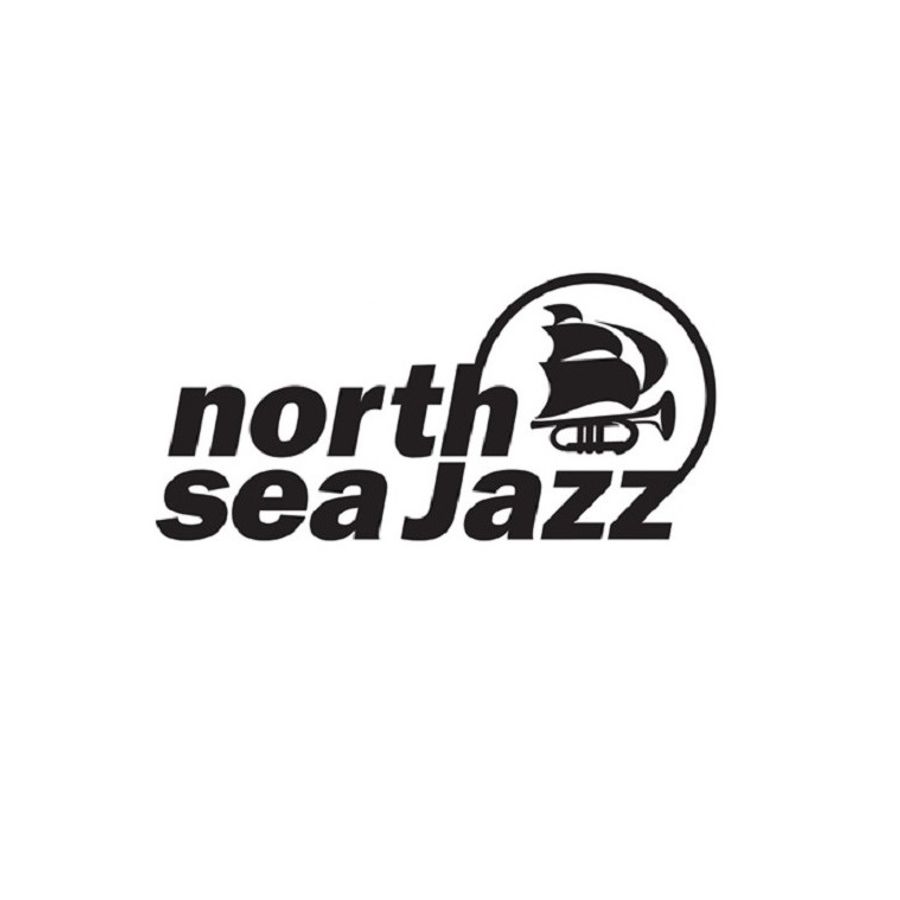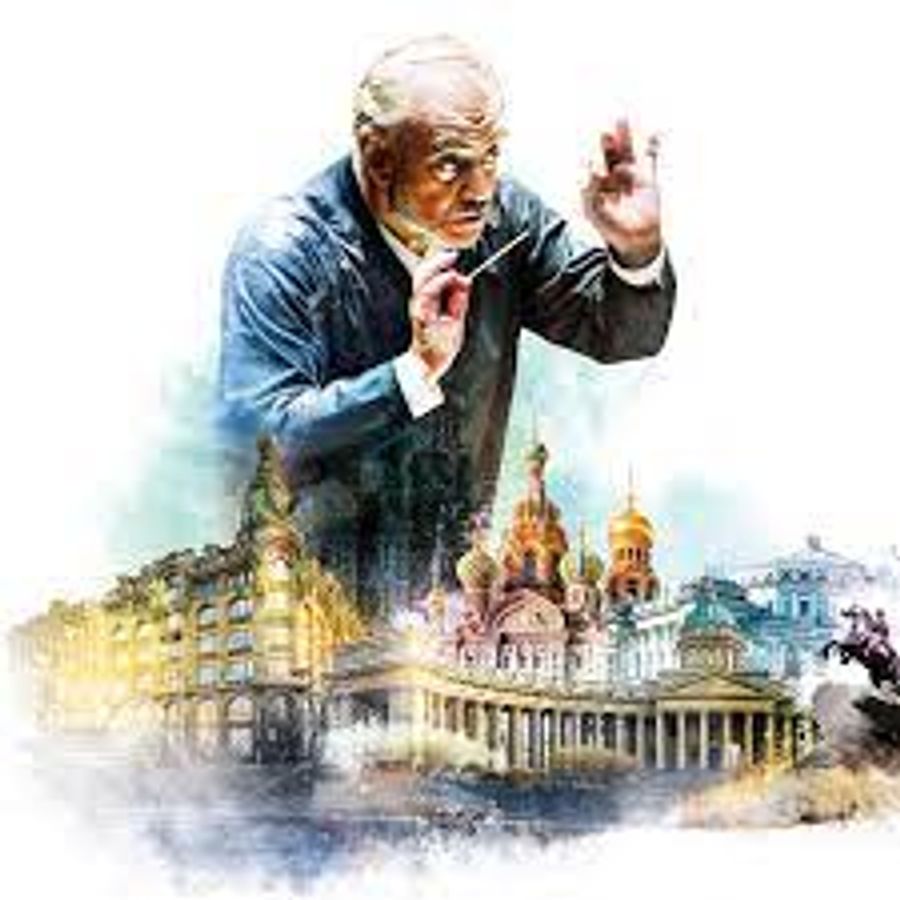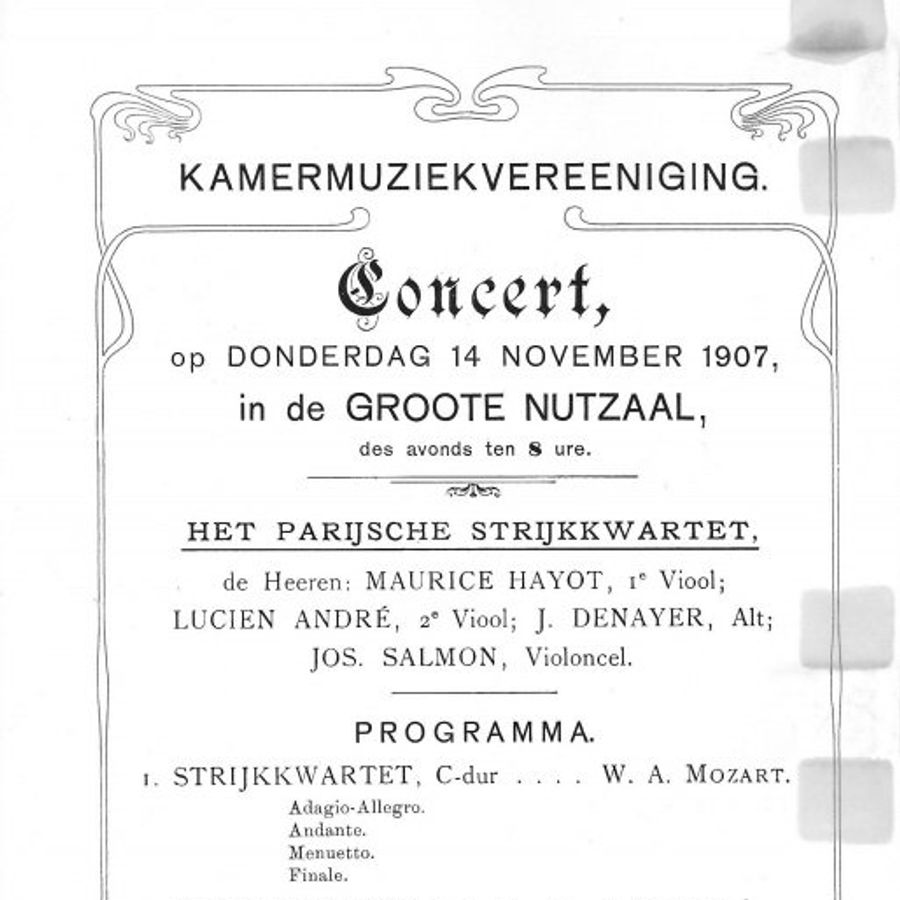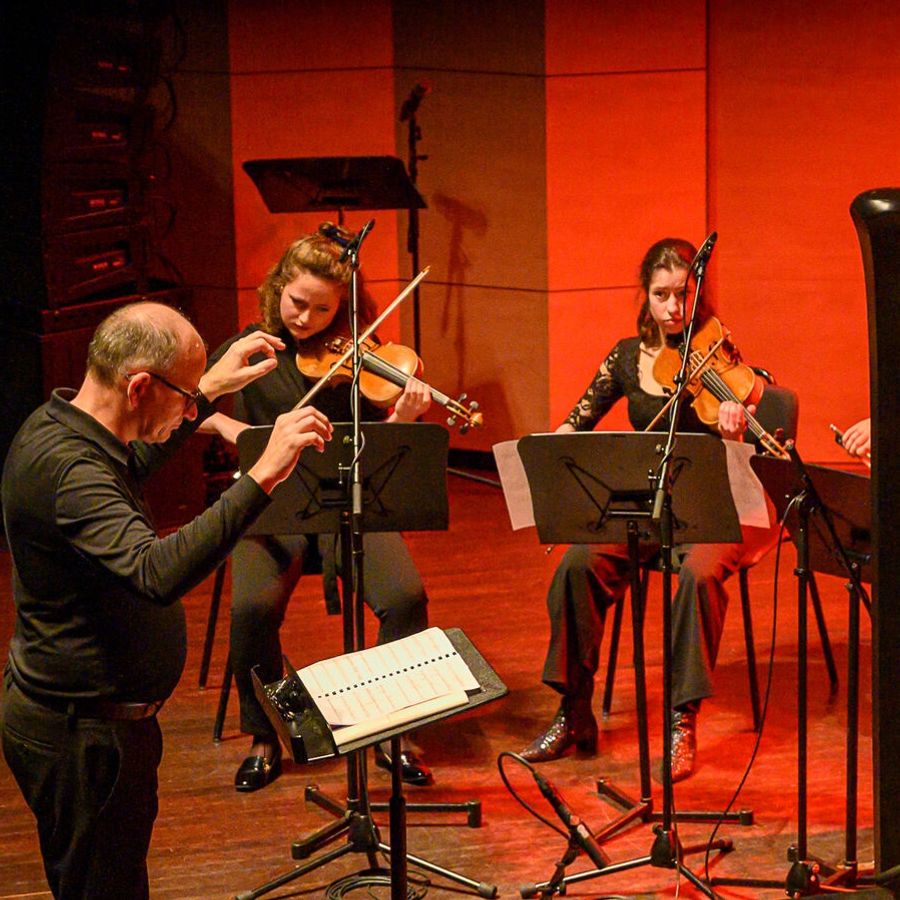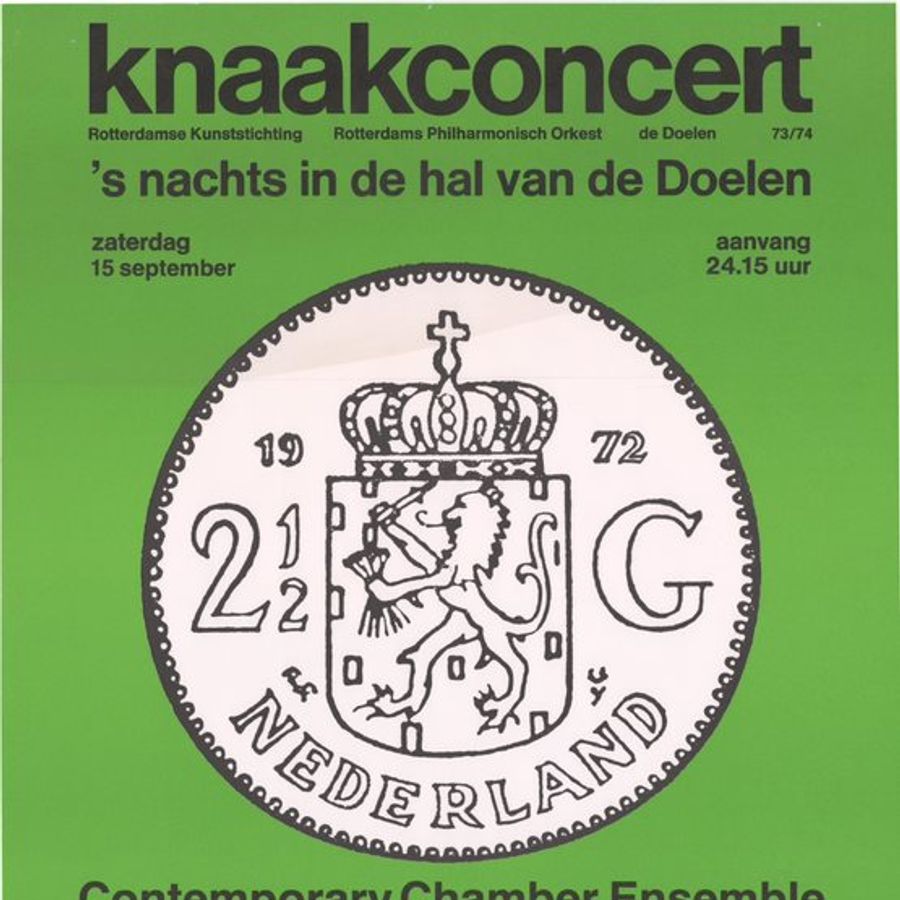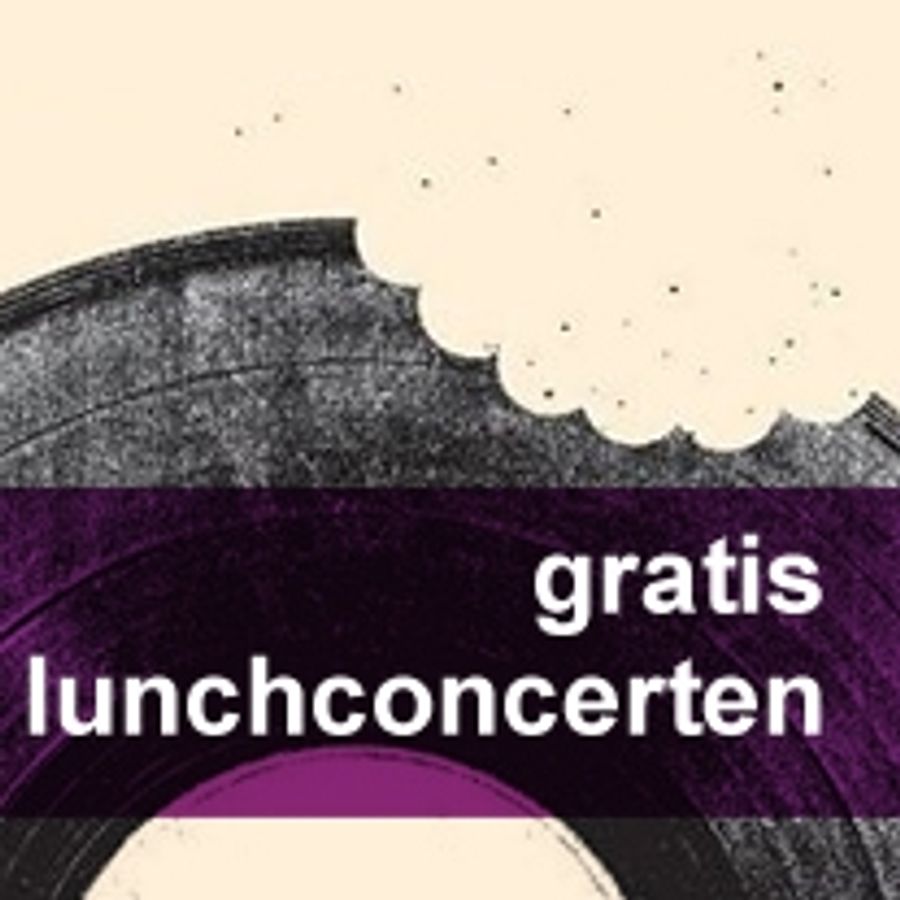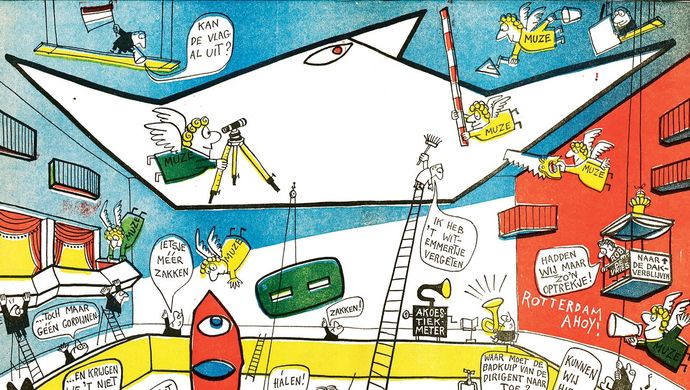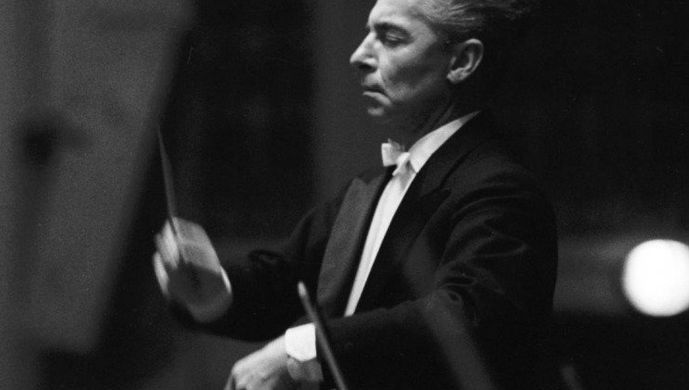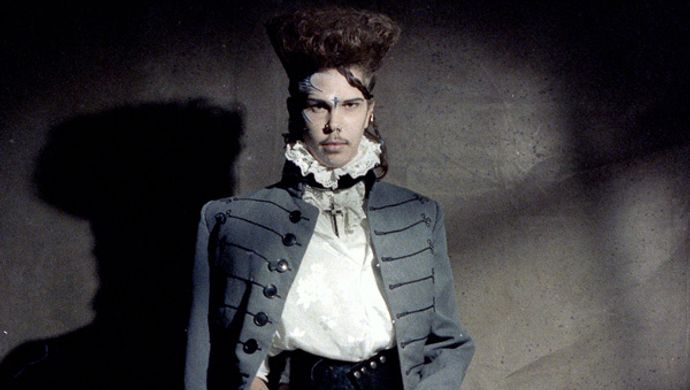history
Information about the history of De Doelen in Rotterdam, which goes back centuries.
1622-1697
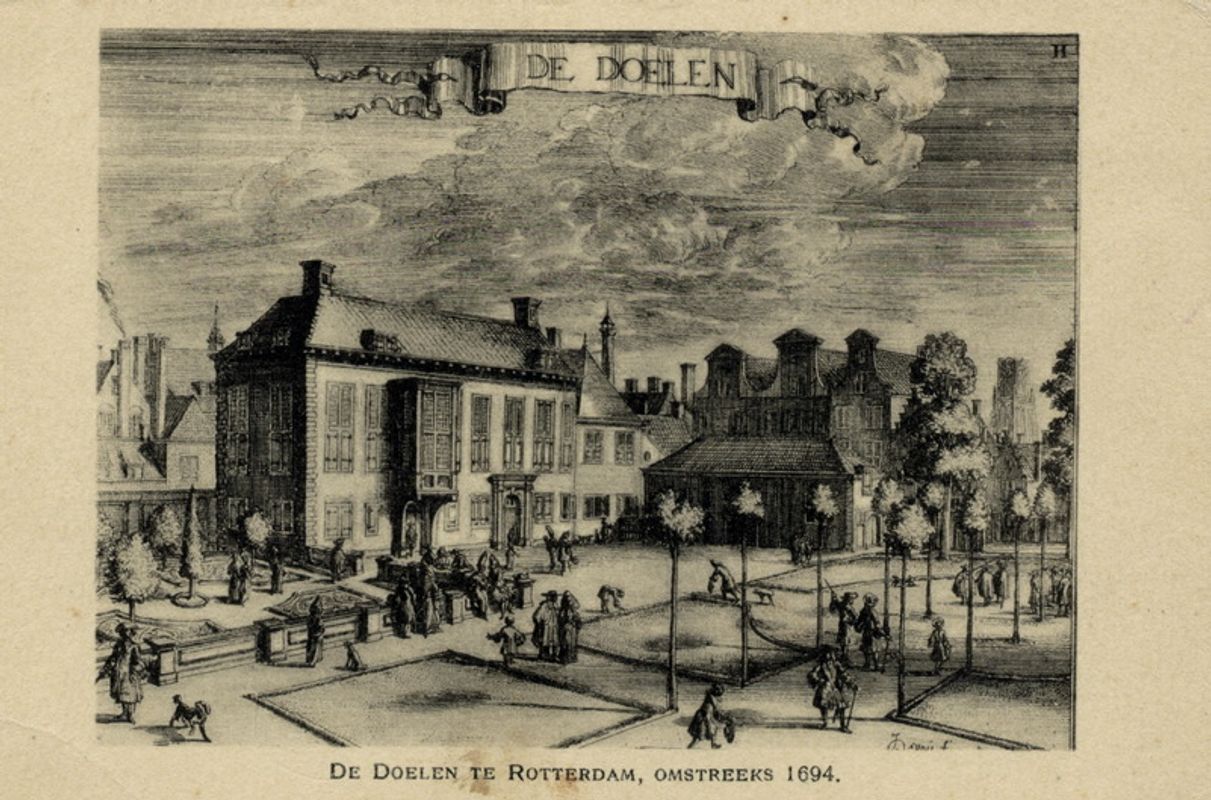
Rotterdam City Archives
St. Joris Doele
In 1622 'St. Joris Doele' the society of the archers' guild. When after 1680 concerts were regularly given by an orchestra of town musicians in 'De Doele' on the Haagscheveer, near the Delftsche Poort. From 1697 'de Doele' received permission from the city council to give public concerts, as long as the concerts "take place without the slightest obnoxiousness off any drink may be consumed".
1844-1955
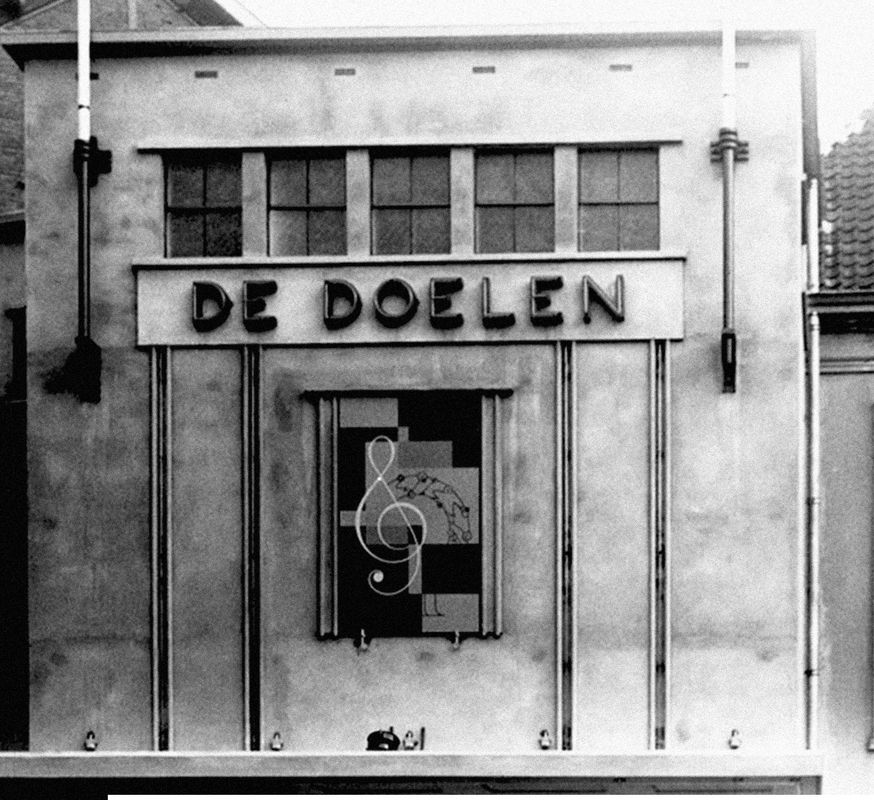
de Doelen on Coolsingel and bombing in Rotterdam
In 1844 the 'Groote Doelezaal' on the Coolsingel was opened to replace 'De Doele' on the Haagscheveer. After almost a hundred years of use as a concert hall and for parties, this hall had to be closed in 1930 due to dilapidation. The new Doelenzaal, which was put into use in 1934, was destroyed in May 1940 during the bombing of Rotterdam.
The bombing of May 1940 destroyed not only the historic core of Rotterdam, but also a thriving, multifaceted and international musical life. Before the official opening, the building was colloquially referred to as the 'Rotterdam Concertgebouw' – much to the dislike of the Amsterdam Concertgebouw. On June 19, 1965, the municipal council opted for the name 'de Doelen', also because it was always clear from the council decision in 1955, in which the construction was decided, that it had to be a concert and congress building.
1962-1966
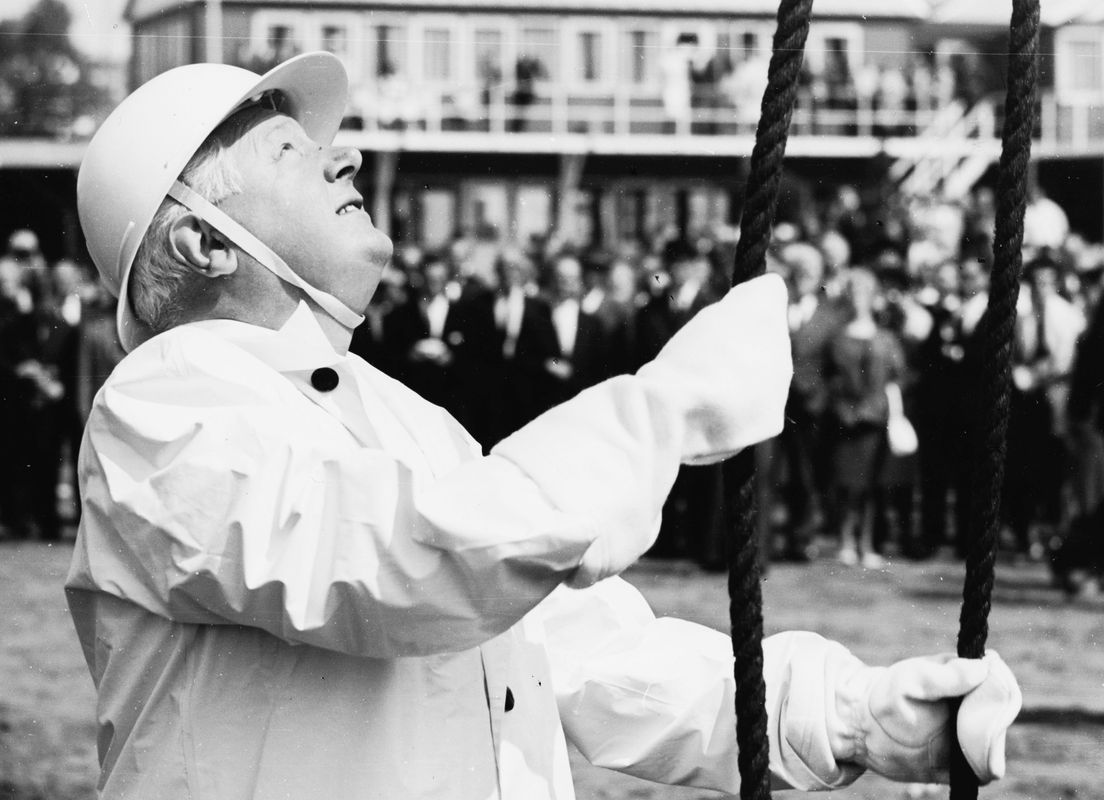
the current building
On July 9, 1962, Eduard Flipse drove the first pile of the current building: a design by the architects E.H. and H.M. Kraaijvanger and R.H. fledderus. Concert and congress building De Doelen was opened on 18 May 1966 and the tradition of a Rotterdam concert hall with the name 'de Doelen', dating back to the 17th century, could be restored.
18 mei 1966
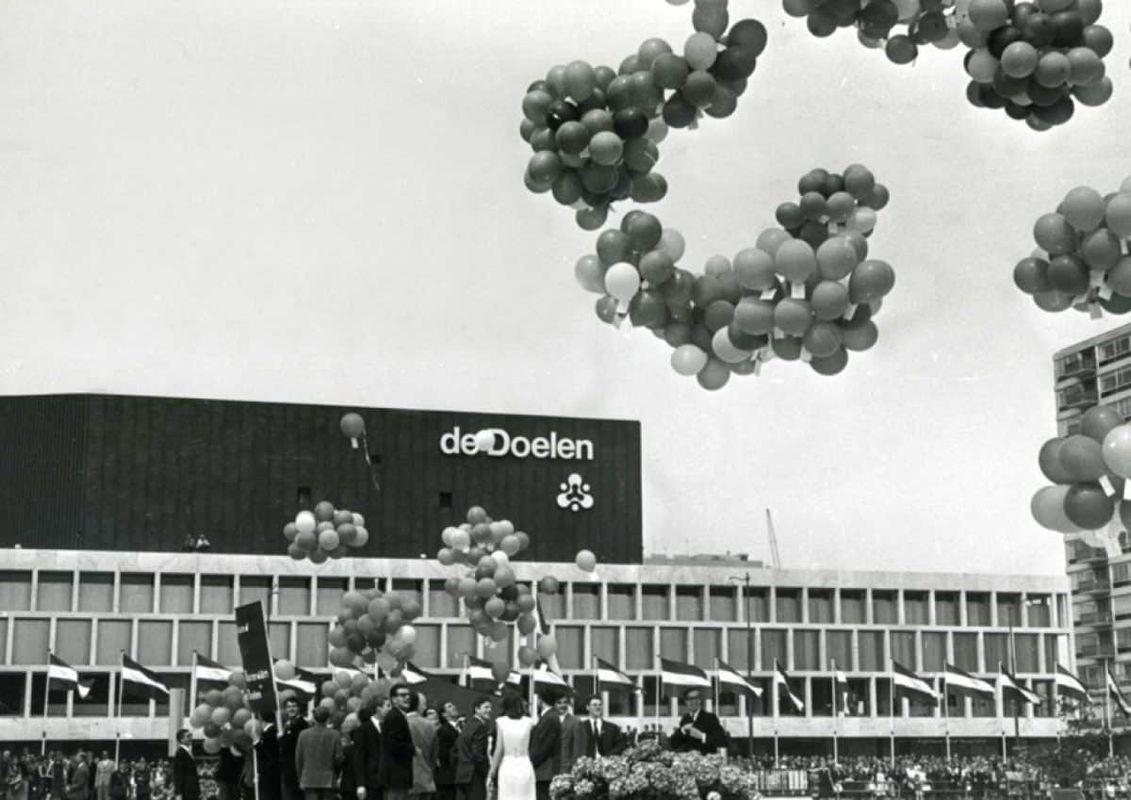
the Construction Day May 18, 1966
The official opening in 1966 took place on May 18, the annual celebration of Construction Day. That date was a reminder of the city council's assignment to city architect Witteveen to design a new city - four days after the bombing on 14 May 1940. This determination was typical of the reconstruction period, in which all attention was paid to living and working. Every year on Construction Day, new buildings, harbor quays and residential flats were festively opened. That Opbouwdag 1966 was dominated by the opening of a cultural palace such as De Doelen (and of the underground Schouwburgplein garage, a novelty of the first order!) was felt to be the culmination of the reconstruction.
the Doelen effect
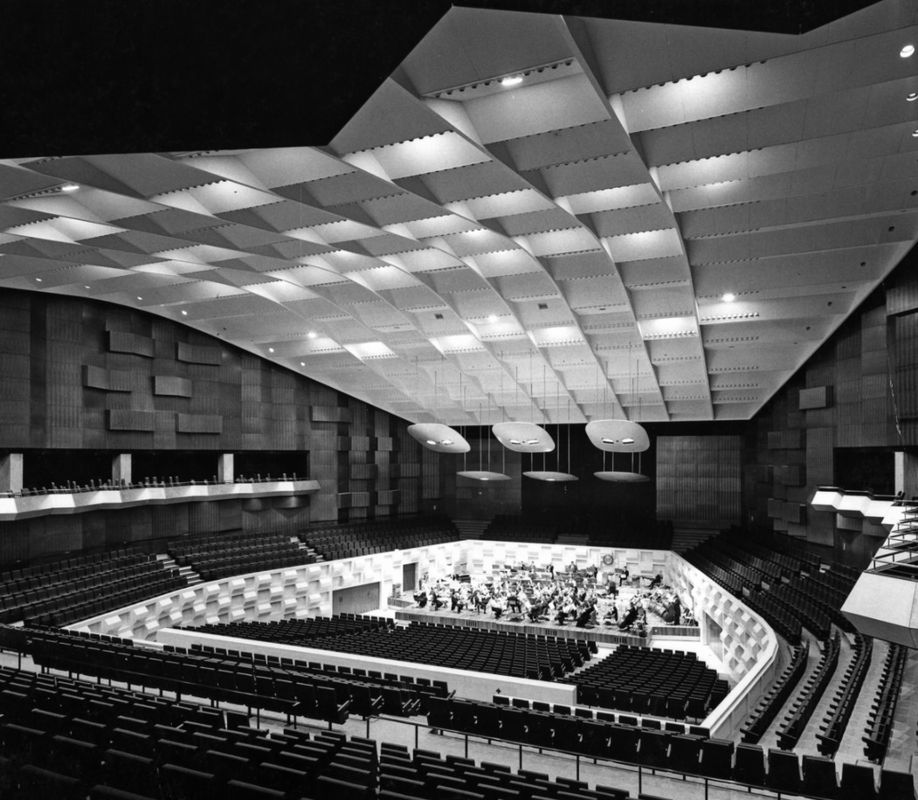
de Doelen effect
Contrary to initial expectations, there appeared to be such great interest from the public in the concerts in De Doelen that people in the country soon began to speak of the so-called 'Doelen effect' as a variant of the well-known economic law: 'supply creates demand'. The acoustics of the Great Hall were widely praised from the very beginning. Music lover Herman Kraaijvanger was also involved in the planning. The large hall was praised from the start for its acoustics, which have been improved after the renovation. The Rotterdam Philharmonic Orchestra was able to develop, other forms of music from chamber music to jazz and pop were able to thrive on a relatively large scale and the concert audience grew in a few years to a size that was almost four times as large as before the creation of the Doelen. Doelencomplex was nominated as a national monument in 2013.
more history
North Sea Jazz
The Newport Jazz Festival is the predecessor of the current North Sea Jazz Festival. It took place annually from 1966 to 1975 in De Doelen. Great American jazz musicians such as Miles Davis, Duke Ellington, Sonny Rollins, Sarah Vaughan, Dizzy Gillespie and Cannonball Adderley came to Rotterdam for this.
Gergiev Festival
When he took office as chief conductor in 1995, Valery Gergiev and the Rotterdam Philharmonic Orchestra took the initiative for a multi-day musical event with great ambitions. A year later they present the Rotterdam Philharmonic Gergiev Festival in de Doelen
chamber music society
The series 'Famous String Quartets' has become an integral part of De Doelen. Something that seemed unthinkable in Rotterdam in the early twentieth century. The Chamber Music Society Rotterdam (KMV) started the engine of chamber music in 1907. But the real advance of chamber music took place after the opening of the Doelen in 1966.
The DoelenEnsemble was founded in 1990 as a resident ensemble of the Doelen and has grown into much more than that in thirty years: a leading player in the field of contemporary classical music, both in Rotterdam and beyond. Surprise, innovation and connection are central to the mission of the DoelenEnsemble.
It was cheap, alternative and in the Doelen: the knack concerts. For 2 guilders and 50 cents you could listen to classical music in the hall of the concert hall.
Shortly after the opening in 1966, free coffee concerts were regularly given in the Hal Grote Zaal. The concerts attracted a large audience. Now this has been further developed into lunch concerts. De Doelen still regularly presents free lunch concerts. This way you can enjoy the most beautiful concerts during the lunch break.

